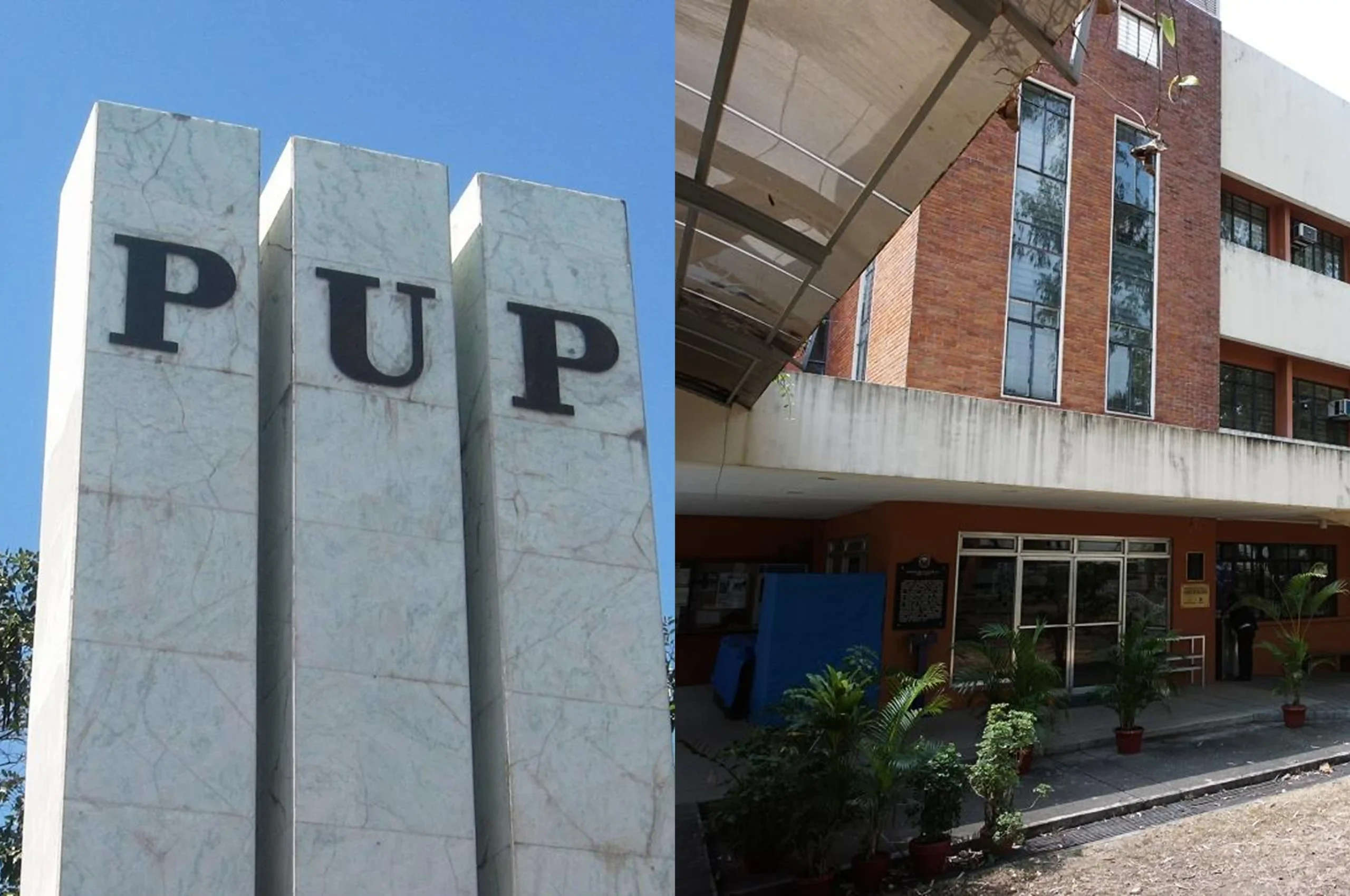Educators from universities in the Philippines have issued statements opposing the Department of Education’s (DepEd) proposal to remove three general education courses from the college curriculum, namely ethics, contemporary world, and art appreciation.
On Monday, May 2, the Polytechnic University of the Philippines Department of Humanities and Philosophy (PUP-DHP) stated that removing general education courses could displace “thousands of humanities, philosophy, and social sciences instructors.”
“At a time when artificial intelligence hijacks our intellectual and aesthetic aptitudes, general education courses ensure a holistic education that promotes independent thinking and understanding of diverse value systems,” PUP-DHP said.
The Ateneo de Manila University Department of Philosophy likewise said that removing ethics as a general education subject could lead to long-term harm for students and society as a whole. “Ethics helps students develop moral imagination and deliberation — the capacity to envision a range of experiences, perspectives, and outcomes in the wake of one’s actions,” they wrote in a statement issued on Saturday, May 31.
“Ethics is not a luxury, nor a subject to be sacrificed in the name of employability. It is a necessity in a world increasingly defined by complexity, uncertainty, and moral ambiguity,” the department added.
In a hearing before the House Committee on Basic Education and Culture on May 28, DepEd Assistant Secretary Janir Datukan proposed that the three courses be taken out of the college curriculum as similar subjects are already taught in high school. “The DepEd has mapped it out and I have also reviewed and found out that these are included in subjects taken by Grades 7 to 12. We don’t want a duplication.”
The agency also said that cutting out the subjects can help students and their families save on tuition fees. “When we add them up, there will be 24 units less in college which is already equivalent to one semester,” Datukan said.

However, the Union of Societies and Associations of Philosophy in the Philippines (USAPP) stated that ethics is an appropriate subject to study at the university level. “The discipline of ethics at the tertiary level engages students in moral reasoning, critical analysis of ethical frameworks, and applied reflection on contemporary dilemmas,” said USAPP in their statement. “It cultivates not just virtue, but also discernment — a capacity appropriate to the cognitive maturity of university students.”
USAPP said they are open to working with the DepEd and the Commission on Higher Education to further develop ethics education in all levels of the country’s education system.
PUP-DHP also said that the issue of functional illiteracy must be tackled at the basic level. “The gap between functionally literate and illiterate should be addressed as early as basic education by strengthening reading comprehension, language, communication, and technical writing subjects through teachers’ training and retooling, updating of the curricular materials, and international benchmarking,” they said.
“Top universities in Singapore, Indonesia, and Hong Kong, to name a few, maintain general education as a key component of undergraduate training, focusing on the humanities, history, heritage, society, and culture,” the department added.





